#arizona songs
Explore tagged Tumblr posts
Text
Hands down one of my worst experiences in high school was when the seniors decided to extort the entire school by using tactics that were banned by the UN to get them to pay for the senior party! If that sounds like a wild sentiment stay tuned because this shit got crazy.
I was living in Arizona at the time and I was a freshman. Our campus was largely open air, with walks between class room buildings and some covered outdoor tables. Our event began with a morning announcement. The seniors were collecting donations for the senior party, and when they reached their goal, their fundraising method would stop.
Their fundraising method:
To pipe the entire schools speakers with "If You're Happy and You Know It" on loop. To this day, I cannot hear this song without experiencing a degree of rage and madness that is frankly alarming. One of the worst parts of the entire thing was that the recording they chose had the female singer do a little clap and say "Yay-ha-hey," at the end. So it wasn't just the song, it was this awful little cooldown stinger at the end.
If this sounds a lot like psychological torture you'd be extremely correct! This practice has been banned in some countries, but the good old US hasn't ruled it a human rights violation, and what a fun silly way to raise money, that definitely wasn't damaging to adolescent psyches!
Every morning for 15 minutes before school began, every passing period, every lunch, and after school for another 15 minutes they blasted that fucking song on unceasing repeat through every speaker in the school. Everyone found different ways of coping with this and mine was to observe my classmates descent into madness and categorize the stages.
The first stage was almost completely consistent, and it was a smug almost exasperated eye rolling phase. Often accompanied by derisive comments about the song or the tactic, this phase was extremely mildly annoyed. Most people figured it would blow over soon, and no one anticipated this continuing for a week and a half, creating a miasma of fraught tension.
The second phase was elevated annoyance, starting to snap and be less amused characterized this level of irritation. People would try to cover their ears or put on headphones, humming aggressively to block out the syrupy repulsive children's performer with her loathsome little clap. This phase had people picking their absolute least favorite part of the song. Her inflection on certain words, her timing between verses. I think it's pretty clear already which part I hated most.
The next phase was a bounce back out to absurdity. It became funny how annoying it was and people would sing along as if to challenge the song's authority over their psyche. This paired exceptionally poorly with people in phase two as they'd often lash out at the people giving more voice to their hell.
The fourth phase was a dead-eyed madness. People would stare straight ahead and their lips would silently mouth the familiar words. The song had pounded its way into their very soul and was inextricably linked to auditory output. They often didn't even realize if they began chanting along.
The fifth and final phase was pure uncut pubescent rage. Kids would scream, attack each other, and in a truly epic end to the event hurl a cafeteria chair with such force at the speaker in the cafeteria to irreparably damage the sound system.
The seniors got funding for a party, but some of it had to go to repair the damages, which were substantial.
#ramblies#funny#ffs foibles#high school#when I transferred back to my home state they tried something similar with the song “Blue”. The teachers were threatening to walk by lunch#I'm honestly astonished that none of the teachers rebelled in arizona? It had to be just as bad for them and it played in classrooms
2K notes
·
View notes
Text

H-O-T-T-O-G-O
YOU CAN TAKE HIM HOT TO GO
Let’s be real, Arizona thinks this song is about him
#fr why is this song so catchy#it warms my elderly bisexual heart#inspired by chappell roan#wttt#welcome to the table#mur art#welcome to the statehouse#wttt Arizona#wttt fanart#ben brainard#I’m branching out!!!! …yes it’s still the Southwest but still!!
126 notes
·
View notes
Text
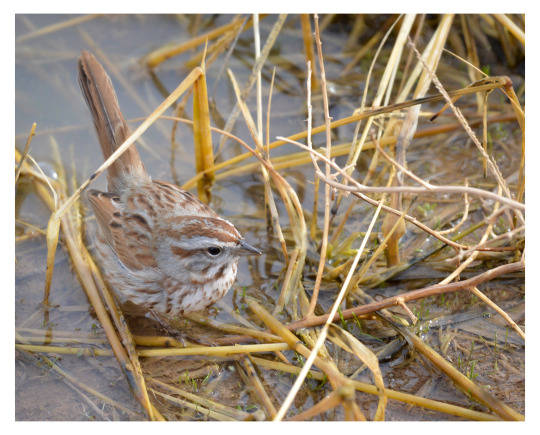
Song sparrow / gorrión cantor (Melospiza melodia) at Whitewater Draw in Cochise County, Arizona.
152 notes
·
View notes
Text
Need to see Lord Huron so i can stand there and sob while they play ghost on the shore.
#actually theres lots of songs i woukd start sobbing while singing#number one right beneath ghost is love like ghosts. i will be CRYING if i hear that live#lord huron#lord huron you wanna come back to arizona soooo bad#i know yall were just here in may but i couldn’t make it PLEASE#Drops in the lake will make me ugly cry too
60 notes
·
View notes
Text




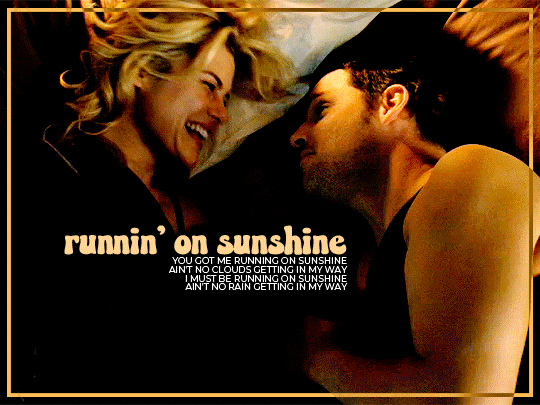




grey's anatomy; song beneath the song
#grey's anatomy#greys anatomy#callie torres#mark sloan#miranda bailey#owen hunt#arizona robbins#calzona#lexie grey#slexie#sara ramirez#alex karev#song beneath the song#mine#gifs
385 notes
·
View notes
Text

#bruce springsteen#vid#poll#best quality: his wiggles#this is ofc detroit medley from arizona state in 1980#song: detroit medley#concert: 1980-11-05 tempe
83 notes
·
View notes
Text
made this lil sawing today.... enjoy
#arizona#long hair#phoenix#poetry#countryside#florida#abandoned#gothic poem#new singer#hayden anhedönia#singer#sing#song#song of the day#song lyrics#music#music video#favorite songs#original poety#original poem#original song#mother cain#ethel cain#memaw#rural gothic#rural america#rural#rural aesthetic#ruralcore#acoustic
31 notes
·
View notes
Text
I made a slideshow to go along with Everett Ruess's Poem, Wilderness Song. It features places he went to & things he wrote about: The Sierra Nevadas, Cali coast, Grand Staircase-Escalante, Monument Valley, & the desert sands of the American Southwest.
Listen to the series if you haven't already.
#wilderness song#Everett Ruess#my podcast#the American Southwest#Sierra Nevadas#monument valley#Pacific Ocean#Grand Canyon#adventure#travel#my photo#southwest#desert#mountains#utah#photography#arizona#aesthetic#landscape#poem
55 notes
·
View notes
Text

#nhl#hockey#arizona coyotes#idk if this makes sense i was listening to the song while watching the last coyotes game
20 notes
·
View notes
Text
listening to seven thinking about charmac

#:(#this song is so Charlie to Mac coded#baby charmac#highschool charmac dreaming about running away together to Arizona :(((((((#iasip#charmac#mac mcdonald#charlie kelly
61 notes
·
View notes
Text
I met Adam Sandler in a parking lot in Arizona and told him I really liked his song Piece of Shit Car because it resonated with me.
303 notes
·
View notes
Text

Day 12 of posting collages based on (and lyrics to) our unreleased songs:
Northwest of Tuscon Arizona-
"And when the van ran out of gas
You walked with me to circle k
You told me I was such an ass
For letting it go on this way"
(Description: a desert at night with neon lights, dice, diamonds, and the text 'snake eyes' in which the e's are made of snake's eyes)
#indie music#greek mythology#new band#new music#indie rock#alternative rock#hard rock#sisyphus#indie band#indie#snake eyes#neon lights#casino#desert#arizona#tuscon#northwest of tuscon arizona#rock hard sisyphus#one must imagine sisyphus happy#cant stop collaging#artists on tumblr#gambling#casino aesthetic#queen of hearts#circle k#gas station#song lyrics#leaked lyrics#saguaro#diamond
7 notes
·
View notes
Text
IM SO SAD
i didn’t get to go to the ateez concert last night why am i so broke
7 notes
·
View notes
Photo
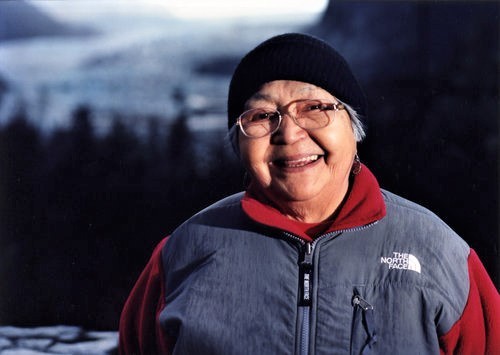
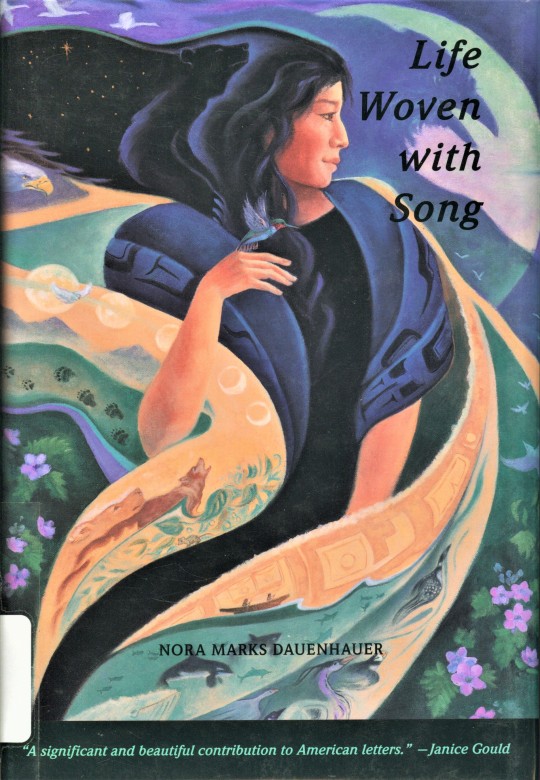



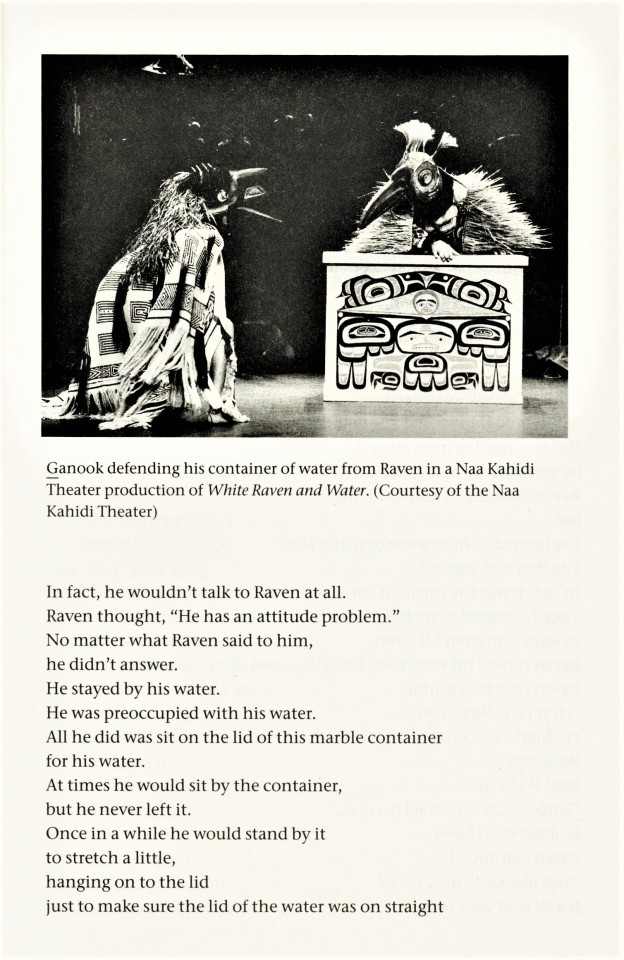
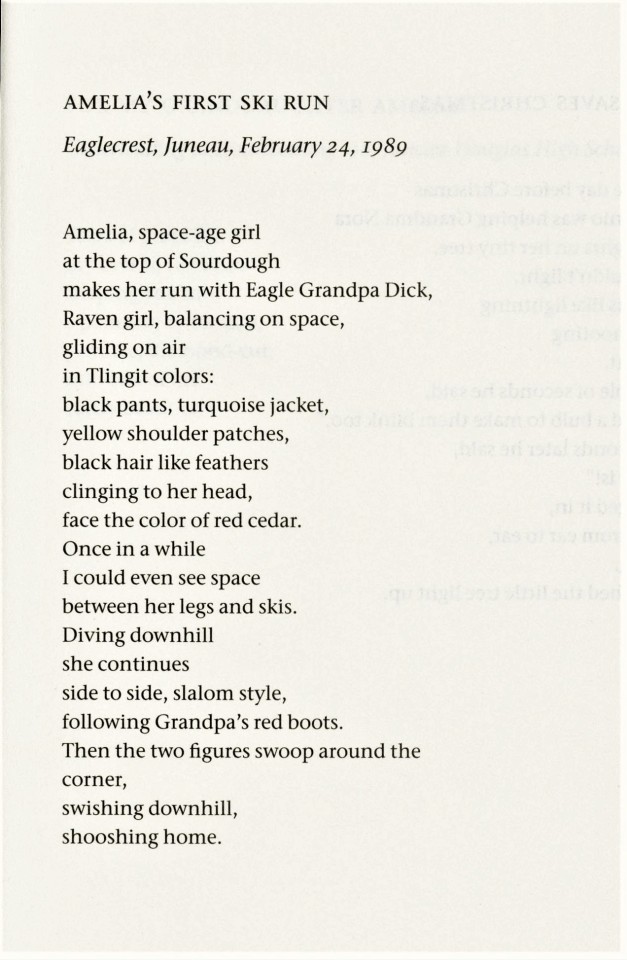
Native American/First Nations Woman Writer of the Week
NORA MARKS DAUENHAUER
Continuing on our trek through what remains of March, I offer you another Indigenous woman writer, Nora Marks Keixwnéi Dauenhauer (1927-2017), a Tlingit writer from Juneau, Alaska. Born in Juneau, Dauenhauer grew up there as well as in Hoonah, Alaska with a father who was a fisherman and carver, and a mother who was a beader. Dauenhauer lived at times with her parents on a fishing boat and in seasonal camps. Being a member of the Tlingit tribe, her first language was Łingít, and she did not learn English until she was eight.
Following her mother in the Tlingit matrilineal system, she was a member of the Raven moiety of the Tlingit nation, of the Yakutat Lukaax̱.ádi (Sockeye Salmon) clan, of the Shaka Hít or Canoe Prow House, from Alsek River. She was chosen as clan co-leader of Lukaax̱.ádi (Sockeye Salmon) in 1986 and as trustee of the Raven House and other clan property. She was then given the title Naa Tláa (Clan Mother) in 2010, becoming the ceremonial leader of the clan.
Dauenhauer earned a BA in anthropology from Alaska Methodist University in Anchorage. In the early 1970s, she married poet and Tlingit scholar Richard Dauenhauer and together they made significant contributions to preserve the Tlingit oral traditions in their Classics of Tlingit Oral Literature book series. Nora Dauenhauer became a Tlingit language researcher for the Native Language Center at the University of Alaska, Fairbanks from 1972-1973, and then became the principal researcher in language and cultural studies at the Sealaska Heritage Foundation in Juneau from 1983-1997.
On the subject of preserving the Tlingit oral tradition and its importance, Dauenhaur said:
People are now beginning to take action for language and cultural survival, and my work is to help provide inspiration and tools for this through my writing.
Dauenhauer had several accomplishments, including being named the 1980 Humanist of the Year by the Alaska Humanities Forum. Together, the Dauenhauers were awarded the Alaska Governor’s Award for the Arts, two American Book Awards, and a Before Columbus Foundation American Book Award. In 2005, Nora Dauenhauer was the recipient of the Community Spirit Award from the First People’s Fund.
As a poet, Nora Dauenhauer published two collections, one of which we hold in Special Collections, Life Woven With Song, published by the University of Arizona Press in 2000 (the other is The Droning Shaman, Black Current Press, 1989). This book recreates the oral tradition of the Tlingit people through written language in a variety of literary forms, and records memories of Dauenhauer’s heritage from old relatives and Tlingit elders, to trolling for salmon and preparing food in the dryfish camps and making a living by working in canneries.
Author Photo is by Hulleah Tsinhnahjinnie
See other writers we have featured in Native American/First Nations Woman Writer of the Week.
View other posts from our Native American Literature Collection.
-- Elizabeth V., Special Collections Undergraduate Writing Intern
#Native American/First Nations Woman Writer of the Week#women's history month#Native Americans#Native American writers#Native American women writers#Nora Marks Dauenhauer#Richard Dauenhauer#Tlingit#Life Woven With Song#University of Arizona Press#Alaskan writers#poets#poetry#Elizabeth V.#Native American Literature Collection
142 notes
·
View notes
Text


TTYLXOX
#ttyl#xox#bella thorne#i unironically love this song#but for real#ttyl <3#xoxo#arizona#az#phoenix#me#mine#cute#phx#selfie#about me
17 notes
·
View notes
Text

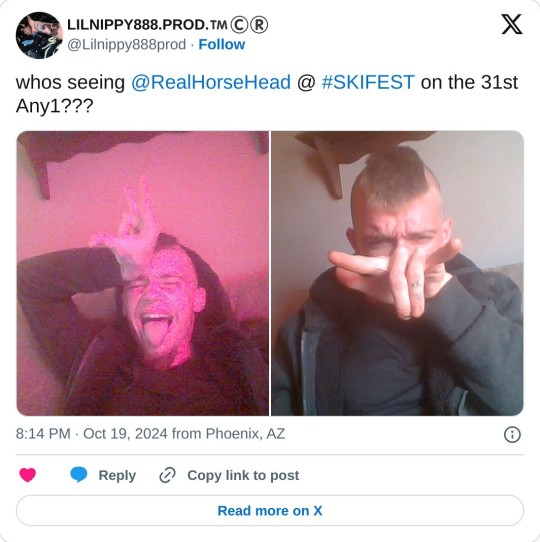
#california#Musicians Tryna do #public#diy meetups & features b4 i'm @ skifest....
SUP, in #LA any #music#artist ?
#fantasy#music#goth#fanfic#love#poetry#my writing#poem#trending#viral#virtual photography#viral trends#culture#california#californication#concert#live music#live performance#music video#new music#musician#songs#jams#artist#digital artist#artists on tumblr#arizona#gothboiclique#goth boy#gothic
3 notes
·
View notes